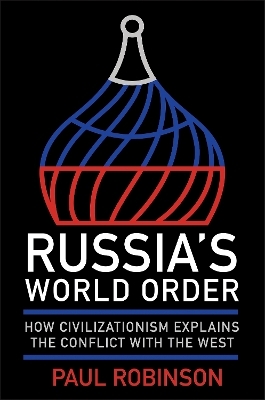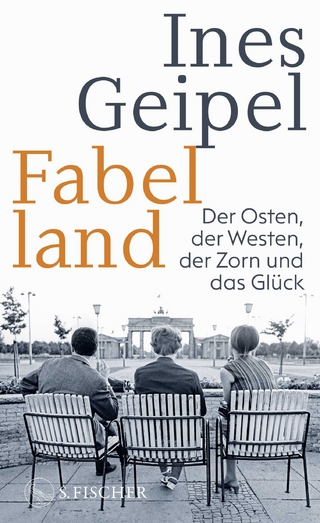
Russia's World Order
How Civilizationism Explains the Conflict with the West
Seiten
2025
Northern Illinois University Press (Verlag)
978-1-5017-8001-1 (ISBN)
Northern Illinois University Press (Verlag)
978-1-5017-8001-1 (ISBN)
- Noch nicht erschienen (ca. April 2025)
- Versandkostenfrei innerhalb Deutschlands
- Auch auf Rechnung
- Verfügbarkeit in der Filiale vor Ort prüfen
- Artikel merken
Russia's World Order explores the ideas underlying the undeclared New Cold War between Russia and the West. The first Cold War was a struggle between capitalism and communism; most Western politicians and policymakers imagine the new one to be a struggle between democracy and autocracy. Russia's World Order explains that in Russian eyes, the conflict is about something very different: it is a fight between two incompatible visions of where history is leading.
Russia's World Order describes the civilizational theory that has come to dominate Russian official discourse, andthat has come to dominate Russian official discourse and that is being used by the Russian state to justify its clashes with the West. Whereas the West promotes a vision of history that drives all nations toward convergence on a single social, political, and economic model (that of modern Western liberalism), Russia's political leaders increasingly portray the world as consisting of numerous distinct civilizations, each diverging toward its own unique destination. The Russian state portrays itself as defending the right of all civilizations to chart their own independent path of development and is having some success in using this logic to win allies around the world.
Paul Robinson recounts how ideas of inevitable convergence once dominated Russian thought as well but were gradually pushed out by civilizational theories. He outlines where these theories came from, what they propose, and how they became popular. Russia's World Order thereby reveals the true nature of today's New Cold War and the challenge that Russian civilizationism poses to the West.
Russia's World Order describes the civilizational theory that has come to dominate Russian official discourse, andthat has come to dominate Russian official discourse and that is being used by the Russian state to justify its clashes with the West. Whereas the West promotes a vision of history that drives all nations toward convergence on a single social, political, and economic model (that of modern Western liberalism), Russia's political leaders increasingly portray the world as consisting of numerous distinct civilizations, each diverging toward its own unique destination. The Russian state portrays itself as defending the right of all civilizations to chart their own independent path of development and is having some success in using this logic to win allies around the world.
Paul Robinson recounts how ideas of inevitable convergence once dominated Russian thought as well but were gradually pushed out by civilizational theories. He outlines where these theories came from, what they propose, and how they became popular. Russia's World Order thereby reveals the true nature of today's New Cold War and the challenge that Russian civilizationism poses to the West.
Paul Robinson is a Professor in the Graduate School of Public and International Affairs at the University of Ottawa. He is the author of numerous works on Russian, Soviet, military, and intellectual history, including Russian Conservatism and Russian Liberalism.
| Erscheint lt. Verlag | 15.4.2025 |
|---|---|
| Reihe/Serie | NIU Series in Slavic, East European, and Eurasian Studies |
| Sprache | englisch |
| Maße | 152 x 229 mm |
| Gewicht | 907 g |
| Themenwelt | Geschichte ► Allgemeine Geschichte ► Zeitgeschichte |
| Sozialwissenschaften ► Politik / Verwaltung | |
| ISBN-10 | 1-5017-8001-8 / 1501780018 |
| ISBN-13 | 978-1-5017-8001-1 / 9781501780011 |
| Zustand | Neuware |
| Haben Sie eine Frage zum Produkt? |
Mehr entdecken
aus dem Bereich
aus dem Bereich
Gewalt, Umwelt, Identität, Methode
Buch | Softcover (2024)
Spector Books OHG (Verlag)
36,00 €
der Osten, der Westen, der Zorn und das Glück
Buch | Hardcover (2024)
S. Fischer (Verlag)
26,00 €


